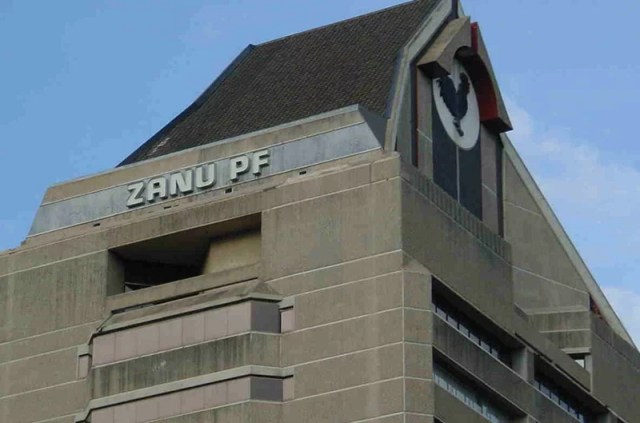CHOLERA CRISIS IN HARARE: A CITY IN DANGER

Harare is facing a serious health crisis as cholera cases continue to rise. The Ministry of Health and Child Care has reported that there are now 1,744 suspected cholera cases as of November 26th. This is a big increase from the 1,259 cases reported the week before. The situation is getting worse every day, and Harare is at the center of this growing public health emergency.
The capital city, Harare, has recorded 705 cholera cases so far. This is a very high number, and the situation is very bad. There is a need for quick action to stop the disease from spreading more. But Harare is not the only place affected. Other areas like Chitungwiza are also struggling with cholera. Between November 16th and 23rd, Chitungwiza reported 163 cases, showing that the disease is spreading to many areas.
One of the reasons why cholera is spreading so fast is the poor sanitation in many neighborhoods. Many parts of Harare, like Kuwadzana 1 and 4, and Chitungwiza, have serious problems with sewage. In these areas, sewage leaks are left unattended for weeks, which increases the risk of disease. Sewage pools are everywhere, creating a major health hazard.
The Harare Residents Trust (HRT) is worried about how city council workers are handling the situation. Instead of fixing the sewage problems quickly, these workers are asking for extra payments from people. HRT says that council workers are asking for around US$5 from each affected household before they do any work. This is unfair and puts more pressure on people who are already struggling. The longer it takes to fix the broken pipes, the more underground water gets contaminated. This leads to polluted drinking water, which is making the cholera crisis worse.
HRT has asked the City of Harare (CoH) to focus on fixing the underground water and sewage pipes in the areas that are suffering the most. This would help more clean water get to people’s homes and reduce the number of sewage leaks. Right now, CoH says they are losing about 60% of their treated water because of leaks in the water pipes. This is a big waste and is making things even harder for people.
The cholera problem is also being made worse by the lack of clean water. Many places, both in Harare and in rural areas, have not had enough water for a long time. Some people have gone weeks or even months without proper water supply. The Community Working Group on Health (CWGH) says that this water shortage is making it easier for cholera to spread.
Itai Rusike, who is the executive director of CWGH, says that since the big cholera outbreak in 2008-2009, things in Harare have not improved. The sanitation and living conditions are still very bad, and the water supply is unreliable and not always safe to drink. This is making it easy for diseases like cholera to spread, even though they were rare in Zimbabwe before.
Rusike has called on the public health community and the Ministry of Health and Child Care to take urgent action. He says that it’s not enough to just deal with the current cholera outbreak. There needs to be a full plan to fix the public health system. The primary healthcare services, which are supposed to help prevent outbreaks like this, are falling apart and need to be saved.
The cholera crisis in Harare is getting worse, and it needs to be taken seriously. The increase in cholera cases, combined with bad sanitation and a lack of clean water, is creating a dangerous situation. The government, local leaders, and other groups must work together quickly to fix these problems. Time is running out, and if action is not taken soon, the cholera outbreak could become a full-blown epidemic. The people of Harare deserve better, and it is up to those in power to protect their health and well-being.

